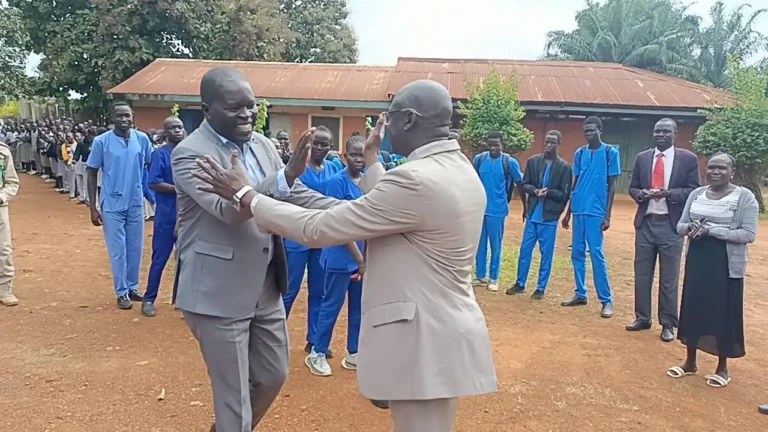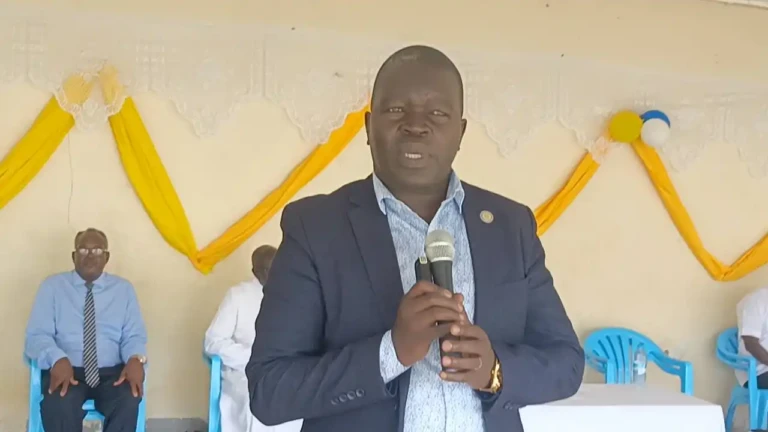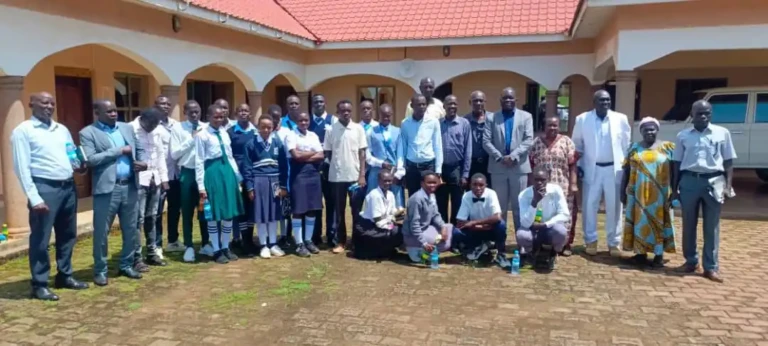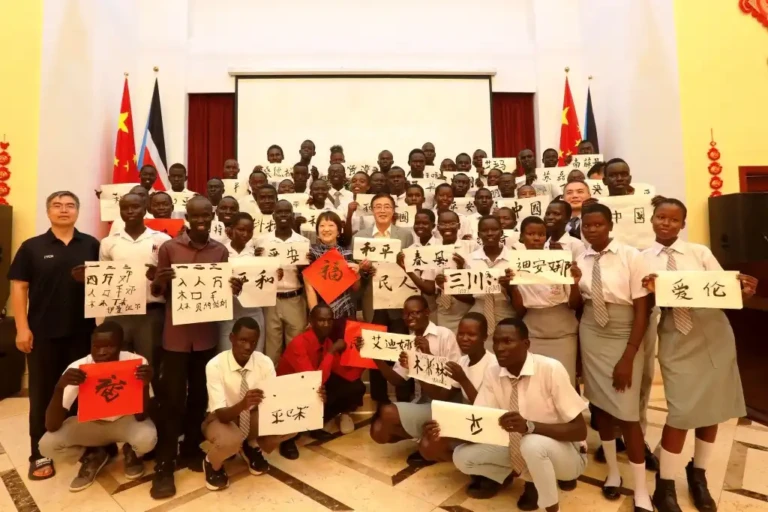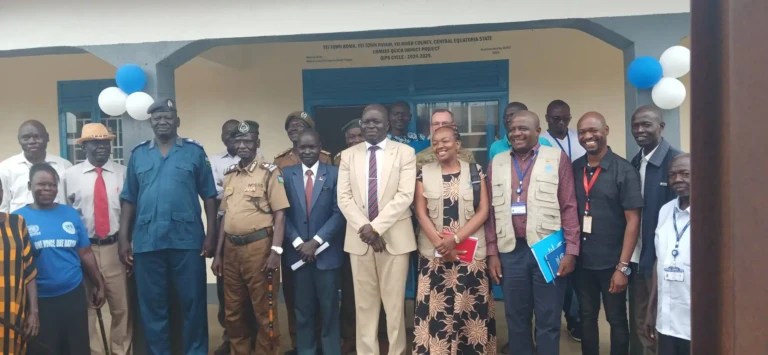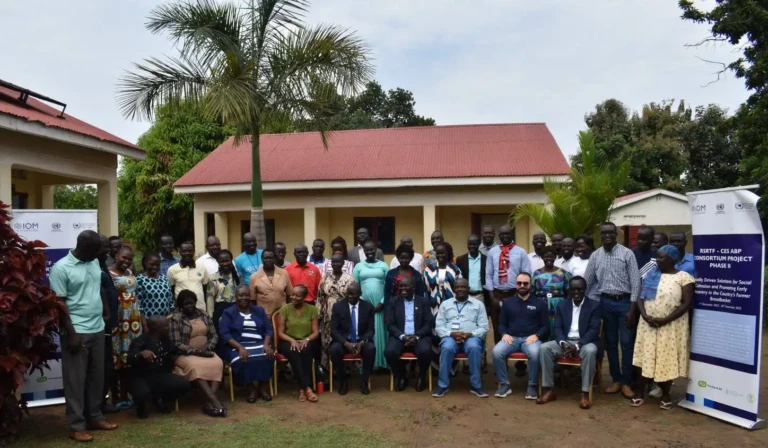
PHOTO CREDITS: United Nations Mission in South Sudan (UNMISS)
(WESTERN EQUATORIA) – Once home to nearly 400 people, the remote village of Mosso, located around 50 kilometres from Tambura, now has just 15 residents left. The rest have fled due to years of insecurity and violent attacks in the area.
“Killings and ambushes created fear and made this happen,” said Rebecca Evariste, a mother of nine who is among the few still living in the village.
She said that most residents have relocated to places such as Yambio, Ezo, Nzara, and Bagidi, where they feel safer.
The dramatic population decline has worsened Mosso’s isolation. Residents face growing challenges in accessing basic goods and services. Markets are distant and dangerous to reach due to the threat of ambushes, while healthcare is virtually inaccessible.
“Even if you have money, it is just too dangerous to travel to the market,” Evariste explained. “And if you are sick, you have to make do with whatever herbs you can find.”
This reality is shared by other communities around greater Tambura, where ethnic violence has forced many people to abandon their homes and seek shelter in camps for internally displaced persons.
Although protecting civilians is the responsibility of the national government, the United Nations Mission in South Sudan (UNMISS) has stepped in to support these efforts.
In response to the growing violence in Western Equatoria, the UN peacekeeping mission has increased its patrols in affected areas, including Mosso and nearby displacement camps. These patrols are conducted regardless of the ethnic background of those seeking safety.
In Mosso, residents have come to associate the sight of UN vehicles and peacekeepers with a brief period of safety.
“We have come to know and enjoy that calm is likely to remain for the next two or three days after the patrols and visits here. During that time, there will be no ambushes on the road,” Evariste said.
Some displaced persons, such as William Anthony, who currently lives in Bagidi, use the temporary calm created by UN patrols to return to their farms.
“I came back yesterday to uproot cassava and harvest some farm produce, and because of the timing, I am confident that I will be able to return safely to my family,” he said.
The future of the village remains uncertain, and for the few still in Mosso, the possibility of others returning depends on security conditions improving.
“Those who fled are suffering and the government should help them return,” said John Nkumbo, a father of seven. “People are likely to come back if they see security forces being deployed and health workers return. Regular UN patrols, maybe once a week, will also help convince them.”
Nkumbo’s family currently lives in Bagidi, separated from him. During a recent UNMISS patrol, he shared his concerns with the team leader, Major Lul Brhane.
“We will continue our patrols. We are here because of you, because your safety remains our top priority,” Major Brhane assured him.
Discover more from Access Radio Yei News
Subscribe to get the latest posts sent to your email.

